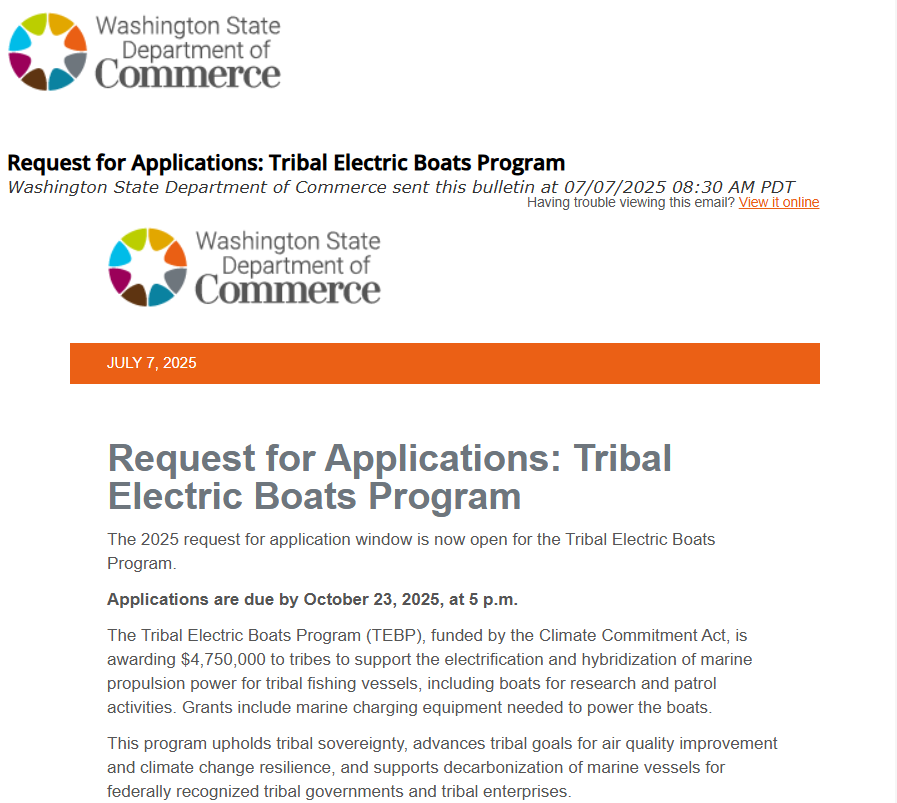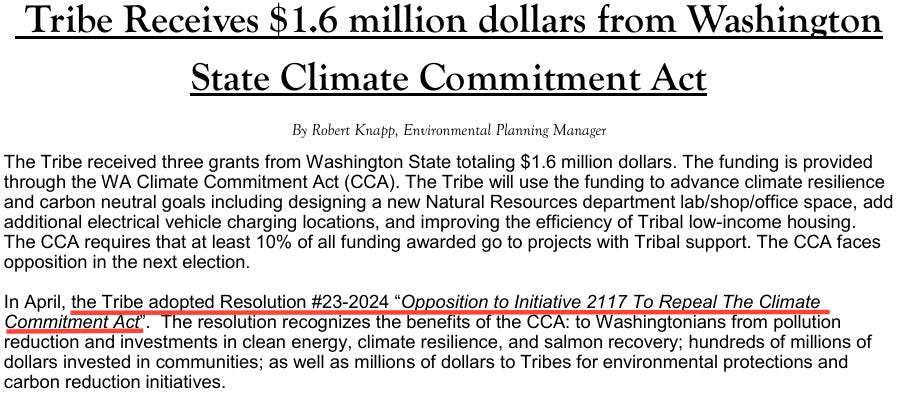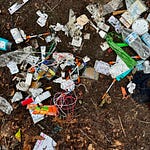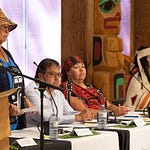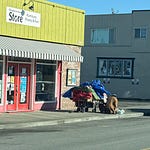Washington State is offering $4.75 million in electric boat grants—but you might be ineligible. Funded by the Climate Commitment Act, the new program is open exclusively to tribes, leaving out struggling fishing families, local businesses, and rural communities still paying the highest gas prices in years. In Clallam County, where economic hardship runs deep, many are asking: why do well-funded tribal corporations qualify for green technology upgrades while the rest of the community is left behind?
After a year marked by Washington’s largest tax increase in state history—and the defeat of a voter initiative to repeal the Climate Commitment Act (CCA), which added new costs to fuel and energy—residents across the state are beginning to see where some of that money is going.

Just in time for summer, the Washington State Department of Commerce has opened the application window for an electric boat program, funded by proceeds from the CCA’s carbon auctions. The program will award $4.75 million to support the electrification and hybridization of marine vessels, including fishing, patrol, and research boats. The grants also cover marine charging equipment and infrastructure.
But while this sounds like a welcome environmental investment, the program comes with a notable restriction: only federally recognized tribes may apply.
This grant is not available to non-tribal fishing operators, charter boat businesses, independent researchers, or local enforcement agencies—many of whom are also active on Washington’s waters and share a commitment to reducing emissions.
According to the Department of Commerce, the program is designed to “uphold tribal sovereignty, advance tribal goals for air quality improvement and climate change resilience, and support decarbonization of marine vessels for federally recognized tribal governments and tribal enterprises.”
One eligible participant could be the Jamestown S’Klallam Tribe, a powerful regional economic player headquartered in Blyn. The tribe publicly endorsed the Climate Commitment Act, fought against its repeal, and operates a tribal gas station where it retains 75% of the gas tax revenue.
According to public reports, the Jamestown Tribe brought in nearly $86 million in revenue in 2024 alone through its array of enterprises, which include a casino, health clinics, retail operations, and more.
Meanwhile, Clallam County remains one of the most economically distressed regions in the state. Many local residents—tribal and non-tribal alike—are grappling with rising fuel prices, inadequate transportation infrastructure, and housing instability. Yet funding opportunities that promise environmental progress appear to be distributed through an increasingly narrow lens.
Reserved for a privileged few?
This is not a question of whether tribal governments deserve environmental investment, but in a region where working families are paying some of the highest fuel costs in the nation, programs like these raise fair questions about who benefits, who qualifies, and whether the state’s climate funds are being distributed equitably.
If the goal is to improve air quality, reduce emissions, and decarbonize marine activity, should those opportunities be made available only to sovereign tribal governments with independent revenue streams?
For many residents of Clallam County—already left behind by crumbling roads, ferry delays, and gaps in healthcare and education—the answer is clear. Climate resilience shouldn’t be reserved for a privileged few. If Washington wants to lead on clean energy, it must do so with fairness and transparency for all of its communities.
Last Equitable Wednesday, readers were asked if all citizens should have equal opportunity to share their views in local newspapers. Out of 192 votes:
55% said, “Yes, it’s a public platform”
3% said, “Depends on the topic and role”
0% said, “No, only officials and experts”
42% said, “I don’t trust local media anymore”



